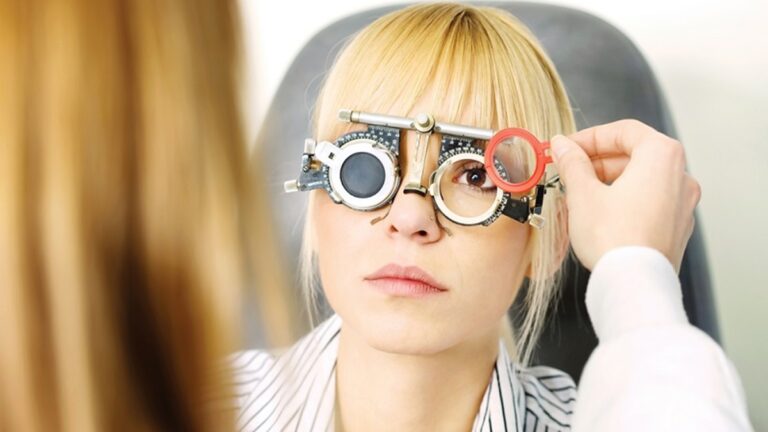Each year, eye tests are a sign of a good habit. A thorough eye exam is a regular annual practice for many individuals, and it aids in the prevention of eye problems. Optometrists can also assist you to detect serious eye problems and they can suggest you consult an ophthalmologist for further treatment.
Scheduling for an eye test is a simple procedure. Let’s go over some things you must avoid doing shortly before going to the eye doctor.
What to Avoid before an Eye Test?
You can drink and eat almost anything before you go for an eye test with certain medical checks. If you have any special conditions or persistent clinical difficulties, your optometrist may ask for some additional limits before your appointment.
- Do not overstrain your eyes.
- Do not neglect your glasses and lenses.
- Do not consume alcohol or coffee.
- Do not miss your insurance paperwork.
- Do not be scared or scared.
Does a shortage of sleep affect an eye test?
Your reactions to the eye tests may worsen if you have difficulty focusing after a long night of little sleep. Visual tests necessitate entire concentration, and if people can’t see a letter because their eyes are tired (instead of it being too far away), the exams may be erroneous. So, take proper rest before you go for an eye test.
How to Get so Much Out of an Eye Test?
Prepare a Symptoms Checklist
Note any changes in your eyesight or other sight problems and how often you’ve been suffering them.
- Migraine
- Dry, scratchy, or eye irritation
- Eye discomfort
- Flickers of light or layups
- Slightly fuzzy vision
- Altered vision
- Poor visual feedback
- Sensitive to light
- Trouble seeing items up close
Carry the title and amount of the meds to your next eye checkup if you’re using glaucoma eye drops or prescribed drugs for high blood pressure. It will provide your eye doctor with information on your eye overall health, preventing the doctor from recommending medicine that could exacerbate an existing condition or interact poorly with what you’re already taking.
If you have specific concerns about the adverse effects of drugs, please contact your eye doctor.
Carry your prescribed contact lenses or glasses to your consultation if possible. It will enable the eye specialist to evaluate your eyesight and make the appropriate modifications. To assess whether you require an update, the physician may ask you about your eyeglasses.
Understand Your Family Background of Eye Disorders and Other Problems
Since so many eye disorders and illnesses are passed down via generations, the more data you could provide about your family’s health information, your doctor can diagnose the issue faster. You don’t have to be aware of every member of your family’s eye problem. Begin with your immediate family members, such as parents, grandparents, and siblings.
You must discuss the following inherited eye problems and illnesses:
- Cataracts
- Glaucoma
- Colour blindness
- Macular degeneration
- Strabismus
Preparation is the key to obtaining the most of your eye test. Follow these ideas to get ready for your next regular eye checkup.
Understanding What to Anticipate During Your Session
There will be a pre-test. This may include health history, ocular difficulties in the past, and family history.
A clinical aid may use equipment that sprays a spray of air into your eyeball to test your pressure in the eye and eyesight. This may be surprising, but it will not harm you.
You can also conduct the test by putting a pen-like tool on your eyeball area. It is not unpleasant; it is like inserting a contact lens.

